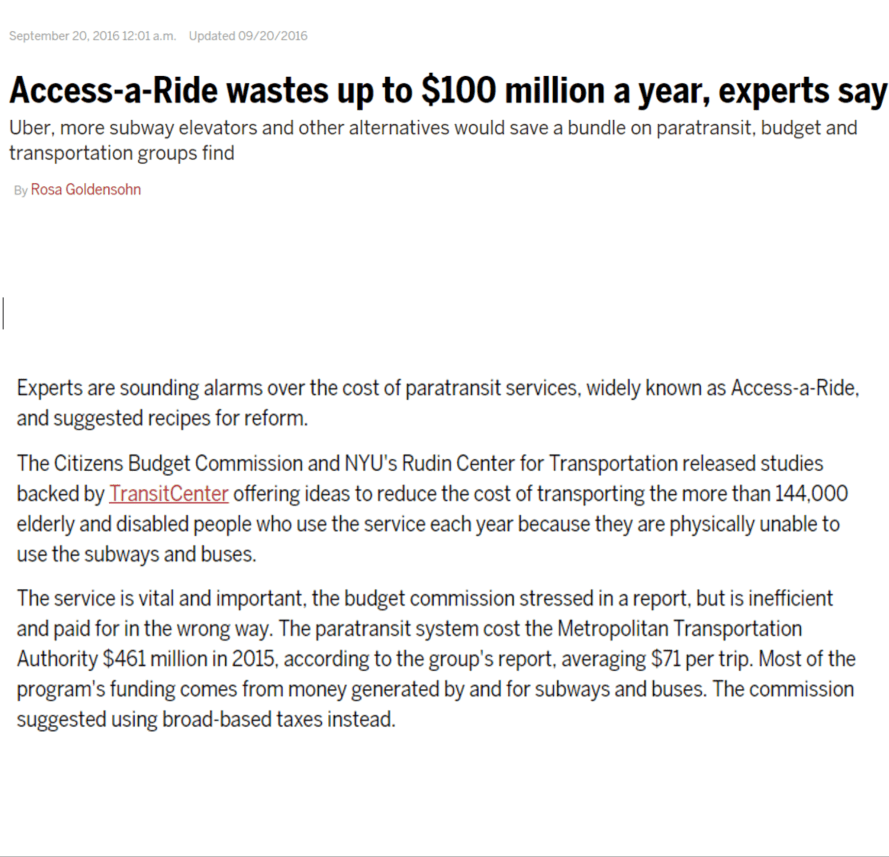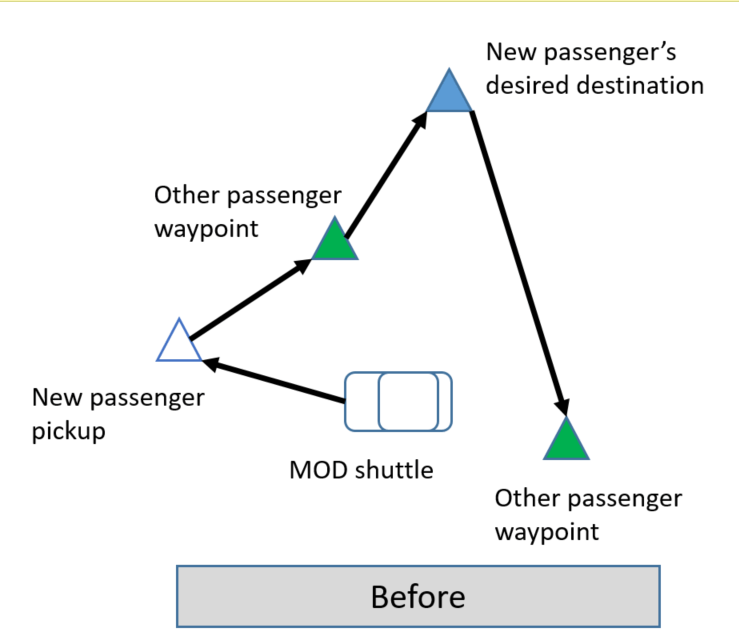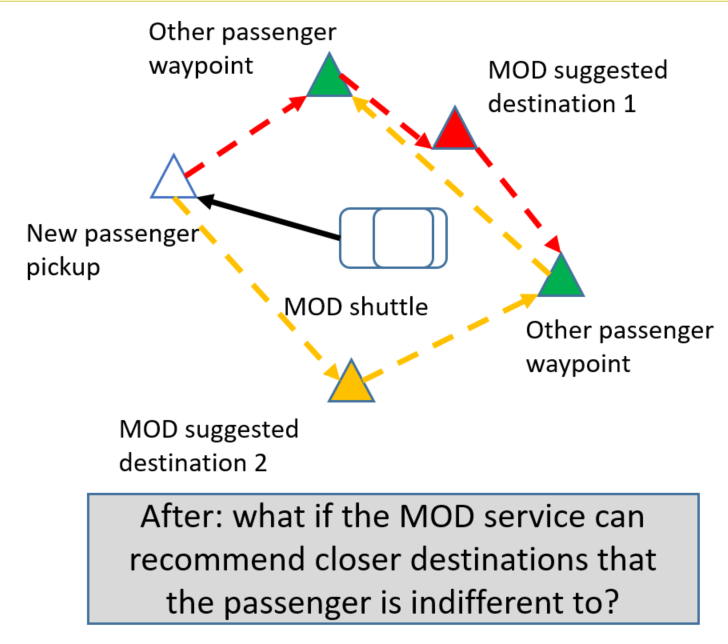City-scalable Destination Recommender System for On-demand Senior Mobility
Demand for on-demand mobility is on the rise, but costs remain high


Costs of paratransit service in NYC as high as $71/trip in 2015 Source: Deloitte
(source: Crain’s New York)
What if the mobility-on-demand (MOD) service can recommend destinations for a user?
Smarter on-demand service?
 vs
vs 
Applications
An MOD system that can recommend destinations can:
- Mitigate costs that arise due to unplanned disruptions or schedule cancellations by recommending alternative options close by
- Provide information to users who might have limited information about new establishments or establishments that are beyond their typical neighborhoods (particularly the elderly)
- Learn from users’ responses about destinations to provide improved recommendations in the future
Recommender Systems
To decide on which destinations to recommend to passengers, an MOD system needs to know how passengers feel about different locations.
If there are 100 potential locations and 100 passengers, there are 10,000 points of information that are typically unknown!
One way to address this is to recommend destinations that will not only serve the customer, but also help the system learn efficiently
An example of how recommender systems are used by Amazon
Routing-constrained recommendations
One effective type of recommender system combines singular vector decomposition (SVD) method to forecast user preferences from prior information and a contextual bandit algorithm to efficiently learn and serve customers.
The problem is that such methods have not been developed to account for changes in the MOD system’s tour. The illustration to the right shows how the tour cost can differ depending on which destination is recommended and chosen. This tour cost change should be incorporated in the objective of the algorithm (regret minimization).
Research questions
We ask the following questions:
- How can we incorporate MOD tour cost change into the recommender system?
- How sensitive is the efficiency of the learning algorithm on the weight assigned to tour cost based on real data under simulated operation?
- How sensitive is the algorithm performance to MOD operations under different cities with different spatial distributions for establishments?
Expected research products
- Prototype recommender system algorithm which will be made available on BUILT@NYU GitHub site for public use
- Test data prepared from Yelp Public Data for three selected cities
- Case study based on operation of system using surveyed data in New York City
source: Yelp Dataset
Beneficiaries of this research
- Elderly population will benefit from smarter mobility
- Private operators like Via, Uber, Lyft, and public agencies operating paratransit services would be able to provide more integrated trip planning with their mobility service (for example, a passenger can specify they just want to go to “a restaurant” instead of stating a specific restaurant when requesting a ride)
- Autonomous vehicle fleets will be able to recommend destinations to reduce operating costs
Contact
For more information about this research, please reach out to the PI:
Joseph Chow
Assistant Professor of Department of Civil & Urban Engineering
Deputy Director of C2SMART University Transportation Center
New York University

